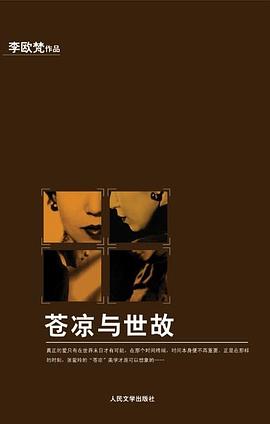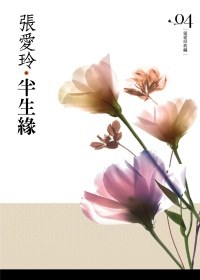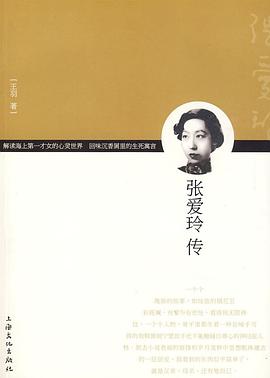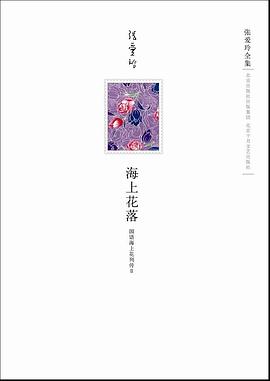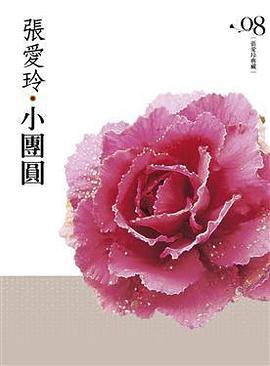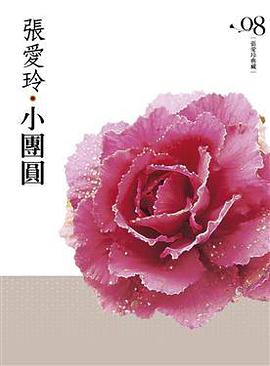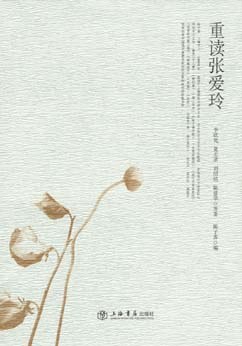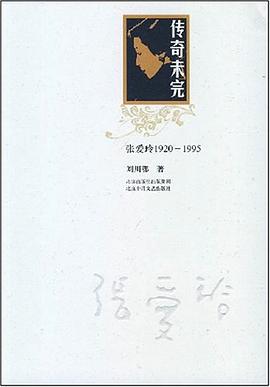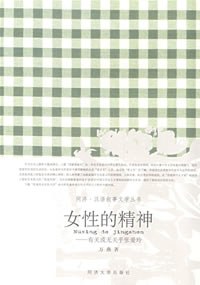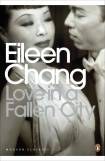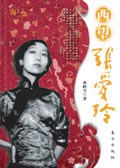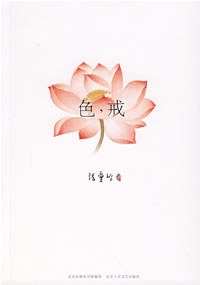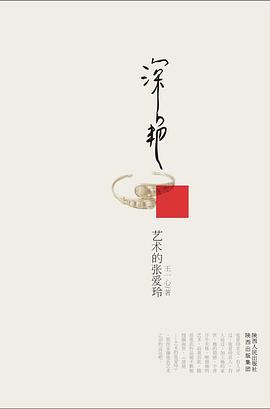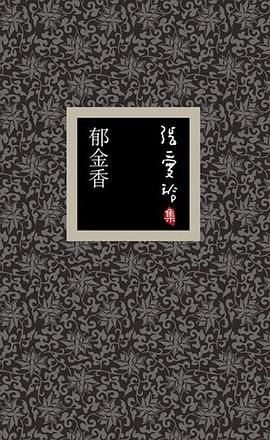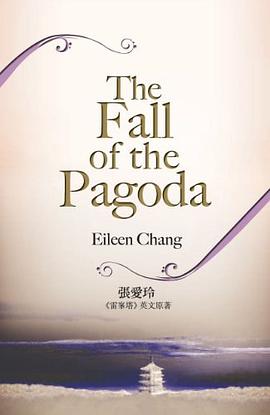

具体描述
The Fall of the Pagoda, the first of two semi-autobiographical novels written originally by Eileen Chang in English, depicts in gripping detail her childhood years in Tianjin and Shanghai, while The Book of Change revolves around her wartime student days in Hong Kong. The Fall of the Pagoda introduces a young girl (called Lute) growing up amid many family entanglements with her divorced mother and spinster aunt during the 1930s in Shanghai’s International Settlement. Both novels shed light on the construction of selfhood in Chang’s other novels, through lengthy discussions of Chang’s difficult relationship with her selfishly demanding mother as well as of intricate dynamics in the extended families who emerged from aristocratic households of the late Qing Dynasty. While the main characters belong to the new Republican period, their worldviews and everyday life are still haunted by the shadows of the past.
Eileen Chang is now recognized as one of the greatest modern Chinese writers, though she was completely erased from official histories in chinese mainland. She was the most popular writer in Japanese-occupied Shanghai during World War II, with English and Chinese stories focusing on human frailties rather than nationalist propaganda. For her non-committal politics and idiosyncrasies, she was boycotted by fellow writers after the war and forced to the margins of literary respectability.
"The Fall of the Pagoda begins as a comedy of manners and gradually evolves into a gothic thriller… Contradictions and aberrations are the norm in Lute’s family. This is a household immersed in a decaying grandeur amid the intoxicating smell of opium, but it never hesitates to pursue new and exotic things from automobiles to movies. Desolation and decadence rule. Lute’s father indulges himself in debauchery while her mother could not wait to become a Nora of New China. Nevertheless, both share the disposition to squander family fortune ruthlessly; children are their last concern. The Russian Revolution, the creation of Manchukuo, and the Second Sino-Japanese War take place one after another in the novel, but except for momentary disturbances, nothing affects the family which is already engulfed by its own corruption." — From the Introduction by David Der-wei Wang, Harvard University
Eileen Chang is now recognized as one of the greatest modern Chinese writers, though she was completely erased from official histories in chinese mainland. These previously unpublished, semi-autobiographical novels depict in gripping detail her childhood years in Tianjin and Shanghai, as well as her student days in Hong Kong during World War II, and shed light on the construction of selfhood in her other novels.
用户评价
The Fall of the Pogoda by Eileen Chang is originally written in English. The Chinese translation by Zhao Pihui came out only in last year. According to Eileen Chang herself in an article in 1966, “this novel is for American readers”. She admitted that...
评分 评分 评分##2013年读《雷峰塔》时看张爱玲写白玉兰从夏开到秋,就觉得可能是张爱玲把广玉兰写成了白玉兰,不过张爱玲是我最喜欢的作家,仔细阅读张爱玲的文字,《流言》里她还提到这花一年到头开,而且我也不是植物学科班出身,出于对她的尊敬,我倒也不敢斩钉截铁地肯定说百分之百是广玉...
评分 评分 评分The Fall of the Pogoda by Eileen Chang is originally written in English. The Chinese translation by Zhao Pihui came out only in last year. According to Eileen Chang herself in an article in 1966, “this novel is for American readers”. She admitted that...
评分 评分##不得不说爱玲的英文真是蛮晦涩的。
相关图书
本站所有内容均为互联网搜索引擎提供的公开搜索信息,本站不存储任何数据与内容,任何内容与数据均与本站无关,如有需要请联系相关搜索引擎包括但不限于百度,google,bing,sogou 等
© 2025 book.coffeedeals.club All Rights Reserved. 静流书站 版权所有

